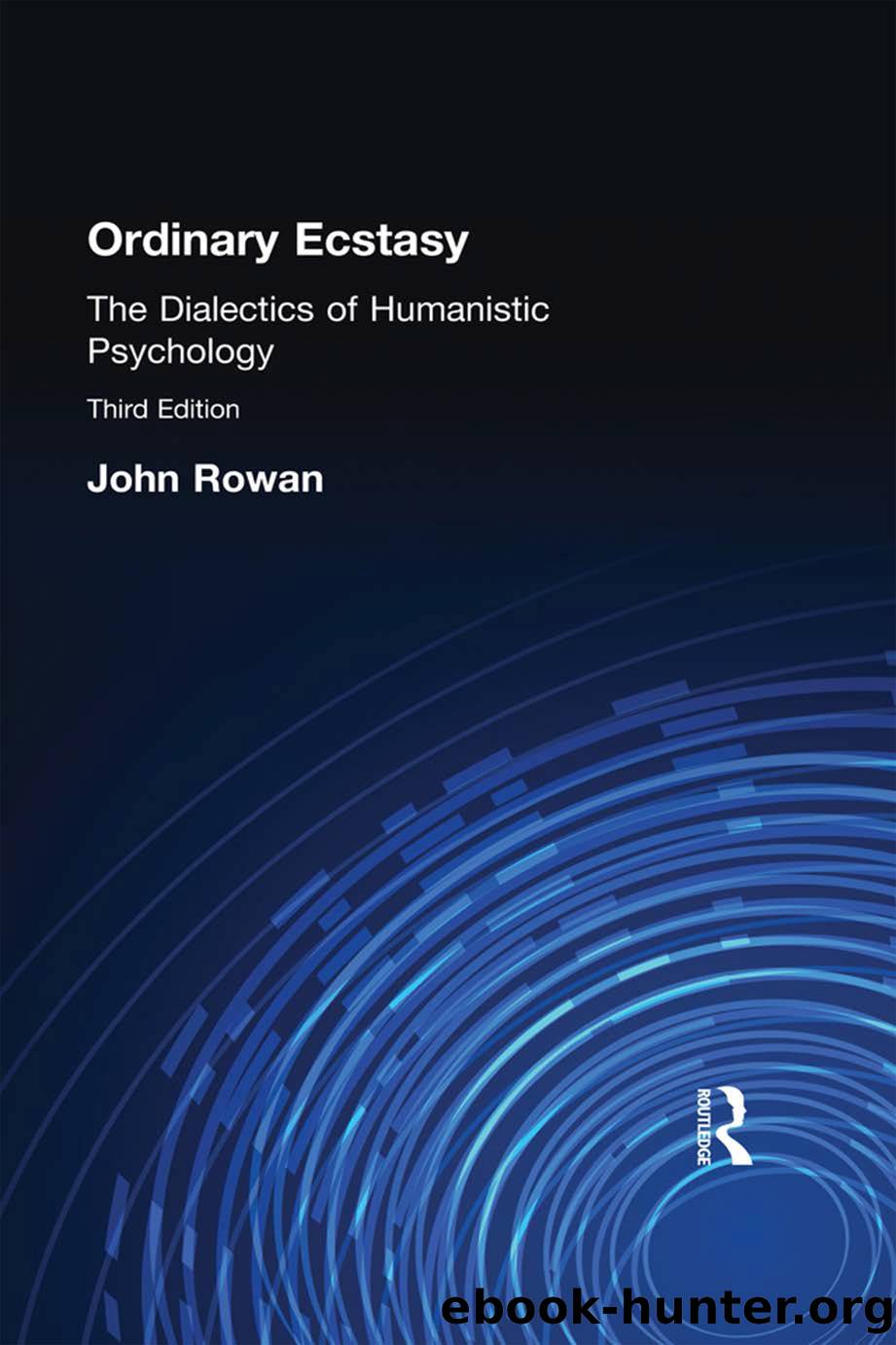Ordinary Ecstasy by Rowan John;

Author:Rowan, John; [Rowan, John]
Language: eng
Format: epub
Publisher: Taylor & Francis Group
Published: 1986-08-15T00:00:00+00:00
So a whole programme may be involved here, of further meetings, further research, encounter groups, team building (Woodcock 1979), creativity training and so on, depending on what action seems to be high on the list of priorities. Specialist consultants may be called in to help reorganize accounting procedures, or shopfloor layout, lighting fixtures, etc., if these things seem appropriate to all those concerned.
The consultant in OD works like a therapist or facilitator, bringing out conflicts and helping to get them properly worked through and dealt with, at the pace which the organization finds possible. Allen (1980) makes the important point that the programme must be owned by the people affected by it; this ownership must be genuine, and it must be felt. Kanter (1985) makes the point that it is not enough for creativity to be imposed from above, as if it were this year's fashion - it has to emerge from genuine participation.
There is an important distinction in all this work between 'process' and 'task content': in any meeting some of what is going on is to do with the task which the group has on the open agenda; but some of what is going on has to do with the hidden agendas which people have brought with them into the room, and which they are also trying to work through at the same time (which may have to do with power struggles, or personal relationships, or old feuds, or private aims, etc.) - these things are collectively known as the group process. Now if you are the consultant here, you contribute very little at the level of the task content - you do not have the detailed knowledge necessary to make much of a contribution there - but concentrate most of your attention on to the group process. This is where your skills lie. You as a consultant know how to make what is hidden open, and what was implicit explicit; and you also know how to deal with the emotions which are revealed when this happens.
What we have here is a process of: (1) generation of valid and useful information, which enables (2) free and informed choice to be made, and leads to (3) internal commitment to a course of action. Chris Argyris (1970) has done more work in this field than possibly anyone else, and these are the three points which he emphasizes.
The humanistic point of view, then, is that choice and decision are most effective when taken closest to the event - that it is harmful to full functioning if decisions which could be taken at a lower level are taken instead at a higher level. Some of the implications of this are drawn out well in the series of books which came out of the Norwegian experience (Bolweg 1976).
But how does this affect management? Does it take away from them all their work, and leave them with nothing to do? Some people argue for precisely this, as Martin (1983) has urged quite eloquently, saying that self-managing work groups are all that is necessary.
Download
This site does not store any files on its server. We only index and link to content provided by other sites. Please contact the content providers to delete copyright contents if any and email us, we'll remove relevant links or contents immediately.
Overcoming ADHD Without Medication : A Guidebook for Parents and Teachers by Children and Natural Psychology Association for Youth; Children The Association for Youth(746)
Out of the Mainstream: Helping the Children of Parents with a Mental Illness by Loshak Rosemary;(740)
Depression by Adams Media(670)
The Noom Mindset by Noom(516)
Delphi Collected Works of Sigmund Freud (Illustrated) by Sigmund Freud(492)
The Psychology of Media and Politics by George Comstock & Erica Scharrer(422)
MANIPULATION & MIND CONTROL: The Persuasion Collection: Dark Psychology Secrets, Analyze & Influence People with Nlp. How to learn Reading Friends and Develop Body Language Skills. by ROBERT TOWER(414)
The 48 Laws of Mental Power: Overcoming Trauma and Building Mental Strength by Victor O. Carl(376)
Behold the Monster by Jillian Lauren(373)
It's nobody's fault: new hope and help for difficult children and their parents by Harold Koplewicz(371)
Directions in Technical Writing and Communication by Gould Jay R.;(364)
The Hypnotic Coach: A Conversational Hypnotherapy Tool Kit by Marion Jess(359)
Sigmund Freud by Janet Sayers;(324)
THE PSYCHOLOGY OF ENTREPRENEURSHIP; New Perspectives by Michael M. Gielnik; Melissa S. Cardon; Michael Frese(315)
Positive Psychology Across the Lifespan; An Existential Perspective by Piers Worth(312)
Mastering Flow: Perform Better, Experience More Joy, and Live a Happier Life by Nils Salzgeber(309)
The Modern Young Man's Guide to Manhood by Wayne Walker(305)
Mind Hacking Secrets and Unlimited Memory Power: 2 Books in 1: Learn How to Improve Your Memory & Develop Fast, Clear Thinking in 2 Weeks + 42 Brain Training Techniques & Memory Improvement Exercises by Sharp Scott(301)
Secrets of the Autistic Millionaire: Everything I know about Autism, ASD, and Asperger's that I wish I'd known back then... by David William Plummer(287)
